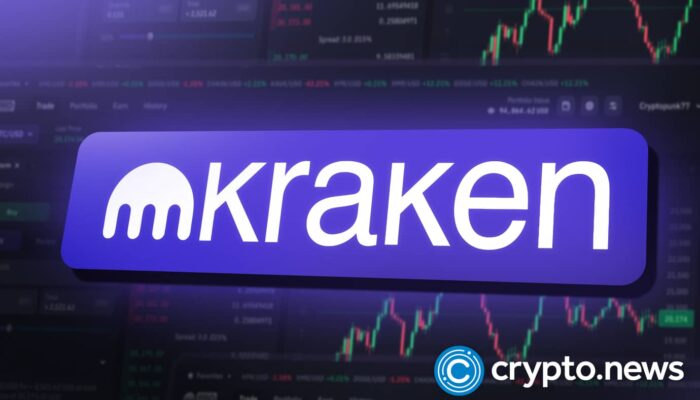
Scroll co-founder Ye Zhang criticized proposals to impose fees on Ethereum rollups, arguing they would harm long-term growth for short-term revenue.
Ye Zhang, co-founder of the layer-2 smart contract platform Scroll, slammed the idea of charging fees on Ethereum rollups, calling it “one of the most toxic ideas for Ethereum’s future.”
In a series of posts on X, Zhang argued that this approach would sacrifice “long-term scalability and ecosystem growth for short-term revenue,” adding that measuring ETH’s (ETH) value by Ethereum’s revenue “misses the point.”
1/6 Tariffing L2s is one of the most toxic ideas for Ethereum’s future. It trades long-term scalability and ecosystem growth for short-term revenue — a strategy fit for centralized corps, not credibly neutral platforms.
— Ye Zhang 📜 (@yezhang1998) April 2, 2025
According to Zhang, Ethereum’s strength is in being “the hub asset across thousands of rollup ecosystems,” not in collecting fees from them. Data from DefiLlama shows that after the EIP-4488 upgrade, which boosted layer-2 scalability, Ethereum’s fees dropped from tens of millions per day to around $570,000 by late March.
Zhang noted that while Solana’s network is “vertically integrated” with its Solana (SOL) token as its core asset, ETH is “already the dominant asset on Base, Arbitrum, Optimism, zkSync, Scroll — and even where it’s not the gas token (like StarkNet).”
The Scroll co-founder also warned that charging fees on rollups could backfire. He said it might push them toward alternative data availability solutions. That, in turn, could weaken Ethereum’s position in the ecosystem. Zhang added that if Ethereum gets “greedy” and starts taxing layer-2s, the network would lose “relevance while still failing to scale.”
Instead of extracting value from rollups, Zhang suggested Ethereum should focus on scaling and ship upgrades faster. And Zhang isn’t the only one who seems to have concerns about Ethereum’s pace. As crypto.news reported earlier, former Ethereum Foundation Solidity expert Harikrishnan Mulackal suggested that internal confusion may have led to frequent disagreements, with key updates reportedly facing repeated delays in the Ethereum development community.




